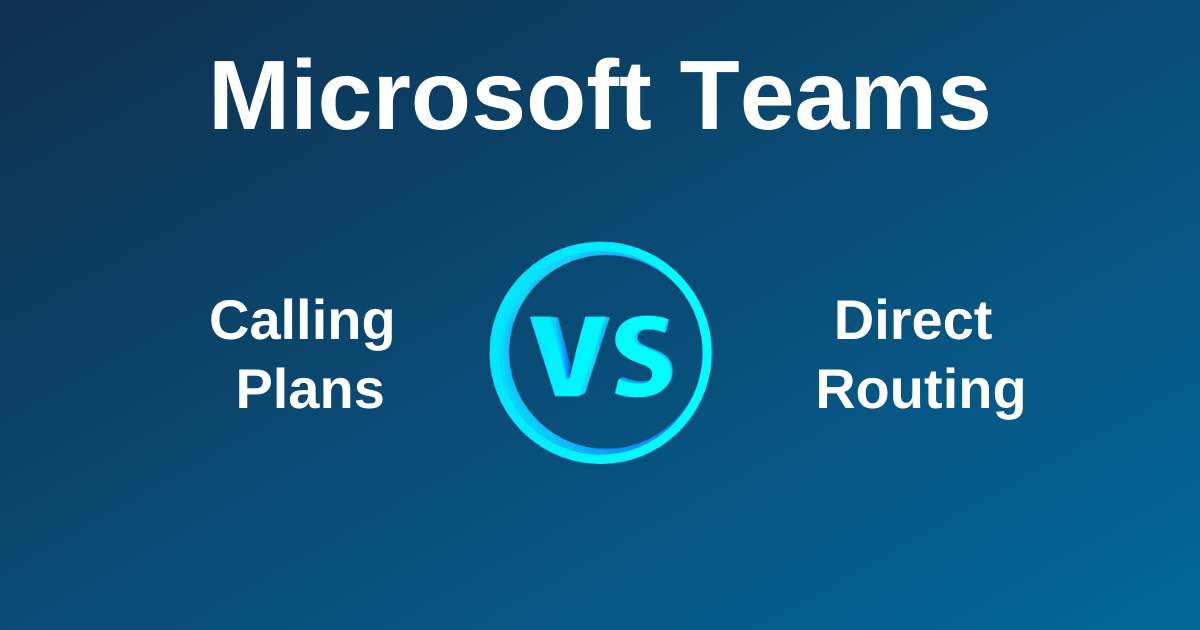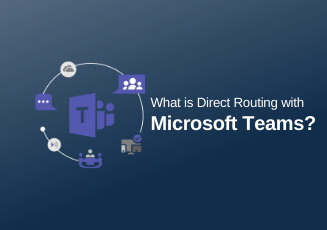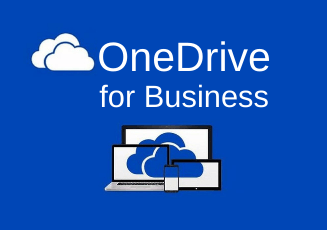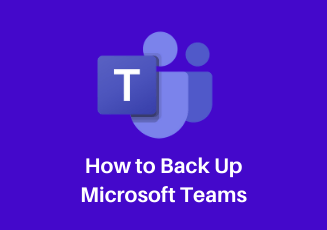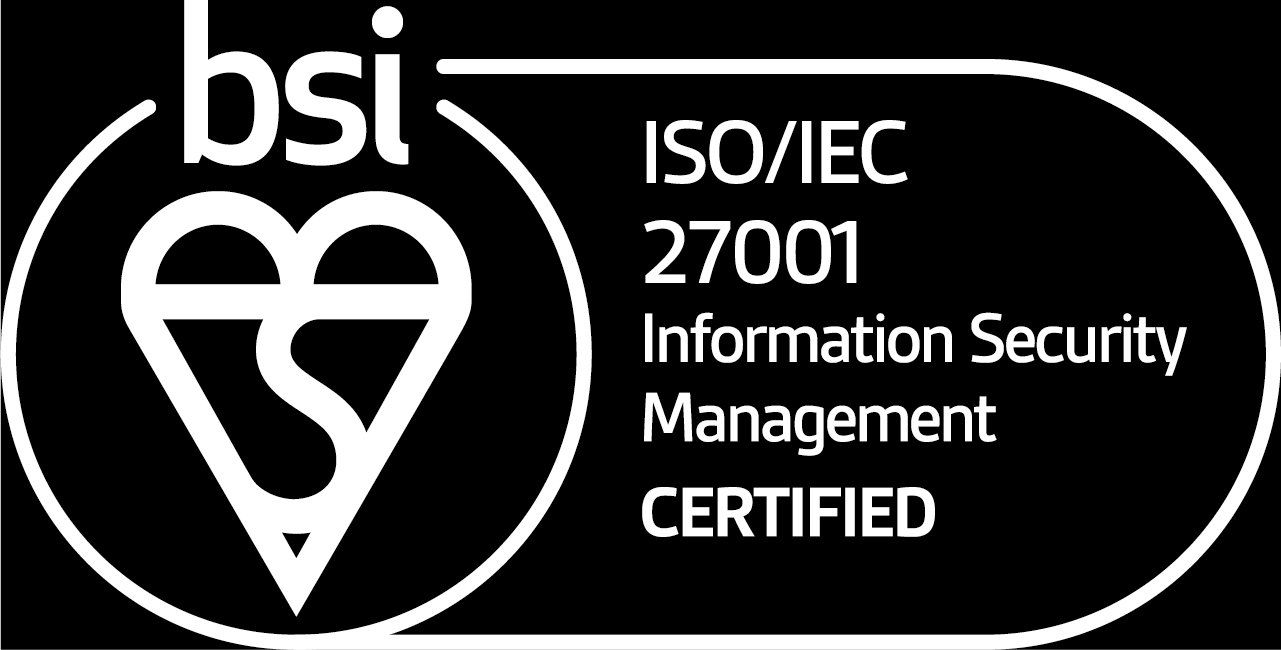The G-Cloud Framework
As a public sector organisation, have you come across the term G-Cloud and wondered how it could benefit your department?
G-Cloud is a UK Government framework that simplifies the procurement process for public sector bodies in need of cloud computing services.
The framework started in 2012 and is now in its 11th iteration – G-Cloud 11, with G-Cloud 12 soon to be released in July 2020.
G-Cloud contains a series of framework agreements with suppliers, allowing public sector organisations to buy services via a competitive marketplace.
The G-Cloud framework is managed and maintained by the Crown Commercial Service, an executive agency focused on saving money for taxpayers and providing commercial services to the public sector. It covers software, hosting, infrastructure, and specialist cloud services that can be accessed via the Digital Marketplace.
With the Digital Marketplace, UK public sector organisations can eliminate the time-consuming process of procurement, and easily access products and services from Government approved suppliers. G-Cloud contracts are normally valid for 24 months, with the option to extend if applicable.
Cloud services are split into three categories (Lots) for the G-Cloud framework.
Lot 1: Cloud Hosting Infrastructure as a Service and Platform as a Service (IaaS and PaaS) can help you deploy, manage, and run software, along with processing, storage or network resources.
Lot 2: Cloud Software
Software as a Service (SaaS) is for applications that are usually accessed over a public or private network, e.g. the internet and hosted in the cloud.
Lot 3: Cloud Support
Cloud support helps you to maintain cloud software and hosting services.
So, now you know what the G-Cloud framework is, what are the main benefits for public sector organisations?
So, now you know what the G-Cloud framework is, what are the main benefits for public sector organisations?
10 Main Benefits for Public Sector Organisations
1.
You have access to over 30,000 services and 4000 suppliers.
2.
Only reputable, reliable suppliers are allowed on the framework and are vetted and reviewed regularly.
3.
The services are scalable. You only pay for what you need and when it's used.
4.
The process is a quick and easy route to market.
5.
A simplified procurement process that does not require full tenders; you're able to directly work with the supplier who best meets your needs.
6.
Call-off contracts are GDPR compliant.
7.
With standardised contract terms, your administration is reduced.
8.
Compared to running your own service in house, you will notice a reduction in cost and reduced total cost of ownership.
9.
You have access to the latest technology, with a new iteration of G-Cloud services usually released every summer.
10.
You can change your service provider easily, avoiding drawn-out procurement and implementation cycles.
1.
You have access to over 30,000 services and 4000 suppliers.
2.
Only reputable, reliable suppliers are allowed on the framework and are vetted and reviewed regularly.
3.
The services are scalable. You only pay for what you need and when it's used.
4.
The process is a quick and easy route to market.
5.
A simplified procurement process that does not require full tenders; you're able to directly work with the supplier who best meets your needs.
6.
Call-off contracts are GDPR compliant.
7.
With standardised contract terms, your administration is reduced.
8.
Compared to running your own service in house, you will notice a reduction in cost and reduced total cost of ownership.
9.
You have access to the latest technology, with a new iteration of G-Cloud services usually released every summer.
10.
You can change your service provider easily, avoiding drawn-out procurement and implementation cycles.
Supplier lists, call-off documents and framework agreements can all be found on the Digital Marketplace. Want to learn how you can buy on the G-cloud 11 framework?
Follow our five-step process here. Altiatech is delighted to offer our cloud services to public sector organisations, making it simple for local authorities, central government and the NHS to purchase our solutions quickly.
If you would like to learn more about our G-Cloud Services, you can simply access our G-Cloud page here.


